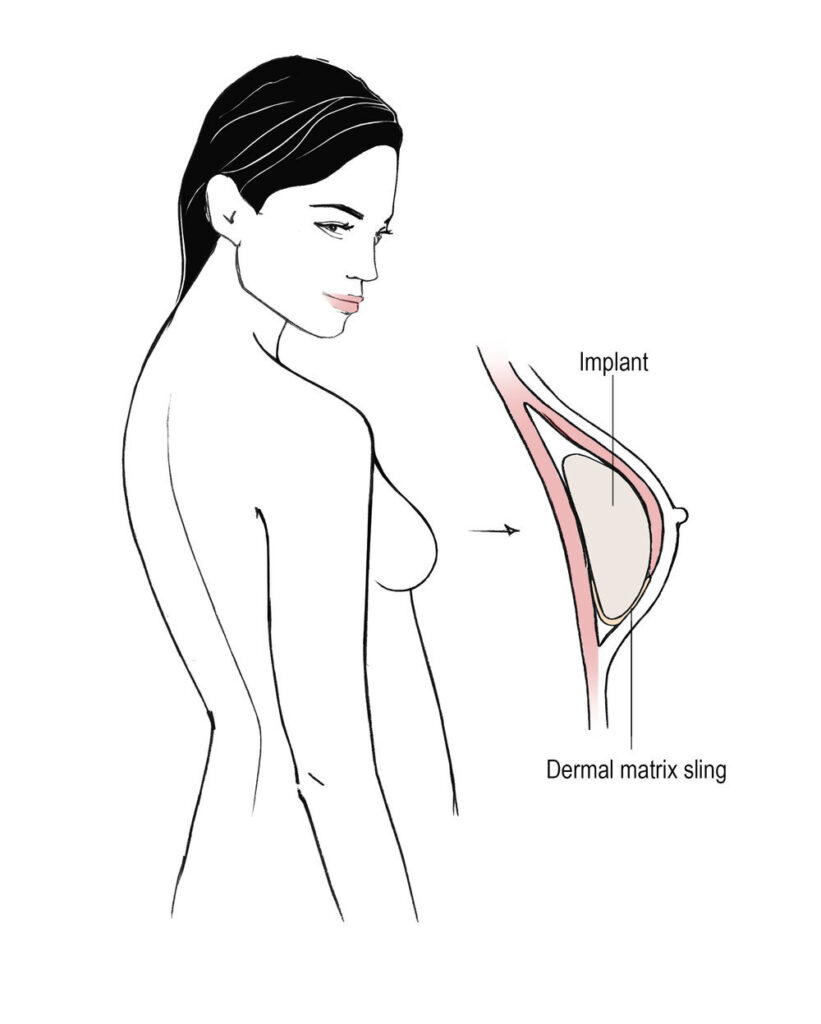Breast Reconstruction
Having Breast Reconstruction Is a Personal Decision.





What is Breast Reconstruction?
Unlike having a mastectomy to remove cancer, breast reconstruction surgery is not necessary for all women. Many women live happily without a reconstructed breast. You should choose to have the procedure for the right reasons. You should also be healthy enough to have reconstruction surgery.
- A reconstructed breast will not have the same sensation and feel as the breast that was removed during mastectomy
- A visible incision line (scar) may be present on the breast from the mastectomy and additional reconstruction.
- Certain surgical techniques will leave scars in areas where tissue is taken to build a breast, such as the back, abdomen, or buttocks.
If only one breast is affected, it alone may be reconstructed. If you prefer, breast surgeries (implant placement, reduction, or breast lift) may be performed on the opposite breast to achieve symmetry.

Why Breast Reconstruction?
The goal of reconstruction is to restore your breast to a near-normal shape and appearance. At Parcells Plastic Surgery in New Jersey breast reconstruction typically involves multiple staged surgeries (1 - 5+ surgeries). Your breast reconstruction may:
- Begin at the same time as a mastectomy
- Be delayed until you heal from mastectomy and recover from any additional cancer treatments (chemotherapy/radiation), or
- Be performed years after your original mastectomy
Ideal
Candidates
for
Breast
Reconstruction
- You have a positive outlook and realistic goals for restoring your breast and body image
- You are willing to undergo multiple surgical procedures for reconstruction
- You do not have any medical conditions or other illnesses that may impair your tissues from healing (i.e. active smoking, uncontrolled diabetes) or put you at risk to undergo multiple surgeries
Additionally, when speaking with your plastic surgeon, it is important to discuss the following in guiding you toward the best option for reconstruction:
- Surgery to one or both breasts
- Type of breast cancer surgery planned: lumpectomy or mastectomy +/- lymph node surgery
- Need for chemotherapy or radiation therapy
While it is normal to feel a sense of urgency to want cancer to be removed immediately, it is important to make an educated decision regarding your treatment that is not rushed.
Ask Questions and Make a List of Your Reconstructive Goals
- Talk about what you want your breasts to look like after surgery. Your surgeon should be able to tell you what is achievable and what is not.
- Ask about the risks and benefits of each procedure.
- Ask to see before and after photos of other women who have had reconstruction similar to what you are planning to have.
Although surgery can give you a relatively natural-looking breast, a reconstructed breast will never look or feel exactly the same as the breast that was removed. If you are considering breast reconstruction New Jersey plastic surgeon Our Plastic Surgeons say it is important that you feel ready for the emotional adjustment involved in such a procedure. The creation of a new breast can dramatically improve your self-image, self-confidence, and quality of life. Together with your surgeon, you will decide which breast reconstruction best suits your individual needs.
If you’ve been diagnosed with breast cancer, you may have many questions about your treatment. You will be presented with an overwhelming amount of information while speaking with your doctors. Common questions to ask your doctor include:
- The types of surgeries you will need (how much breast tissue will be taken? will lymph nodes also be taken?)
- If you will need chemotherapy or radiation
- If you are a candidate for breast reconstruction
It is important to have a team of doctors who can help guide you through each stage of your cancer treatment. Depending on the type of breast cancer you have, you may work with some or all members of this team. Not all types of cancer require chemotherapy or radiation. Surgical Oncologist: A.K.A. Your breast cancer surgeon, the surgeon responsible for removing all of your breast cancer.
- Medical Oncologist: The physician who will direct your chemotherapy course.
- Radiation Oncologist: The physician who will direct your radiation therapy course.
- Plastic Surgeon: The surgeon responsible for reconstructing your breast(s) after the cancer is removed by the surgical oncologist.
Your breast cancer surgeon (surgical oncologist) will discuss the type of breast cancer treatment you will need. Your options for breast reconstruction depend on the type of treatment you receive.
Removal of breast cancer tissue – but not the entire breast. Some women who have a lumpectomy may opt for breast reconstruction if the cancer being removed is in a “cosmetically sensitive” area (around the nipple, etc).
Removal of all breast tissue.
- Nipple-Sparing Mastectomy: excision of breast tissue with preservation of the nipple-areolar complex (NAC)
- Skin Sparing (“Simple”) Mastectomy: resection of all breast including the NAC, but skin envelope as possible.
- Modified Radical Mastectomy: all breast tissue, some overlying skin, pectoralis muscles, and all lymph nodes
- Prophylactic Mastectomy: resection of a breast that does not have a diagnosis of cancer.
Removal of one or a few lymph nodes closest to the cancer area.
Removal of many lymph nodes in the breast and armpit. Also known as a lymph node dissection
Schedule a consultation
Parcells Plastic Surgery offers the most advanced surgical and cosmetic medical spa treatments to women in New Jersey.
Our Plastic Surgeons are here to educate and empower you to celebrate your natural beauty.
4 Industrial Way West #101, Eatontown, New Jersey 07724

